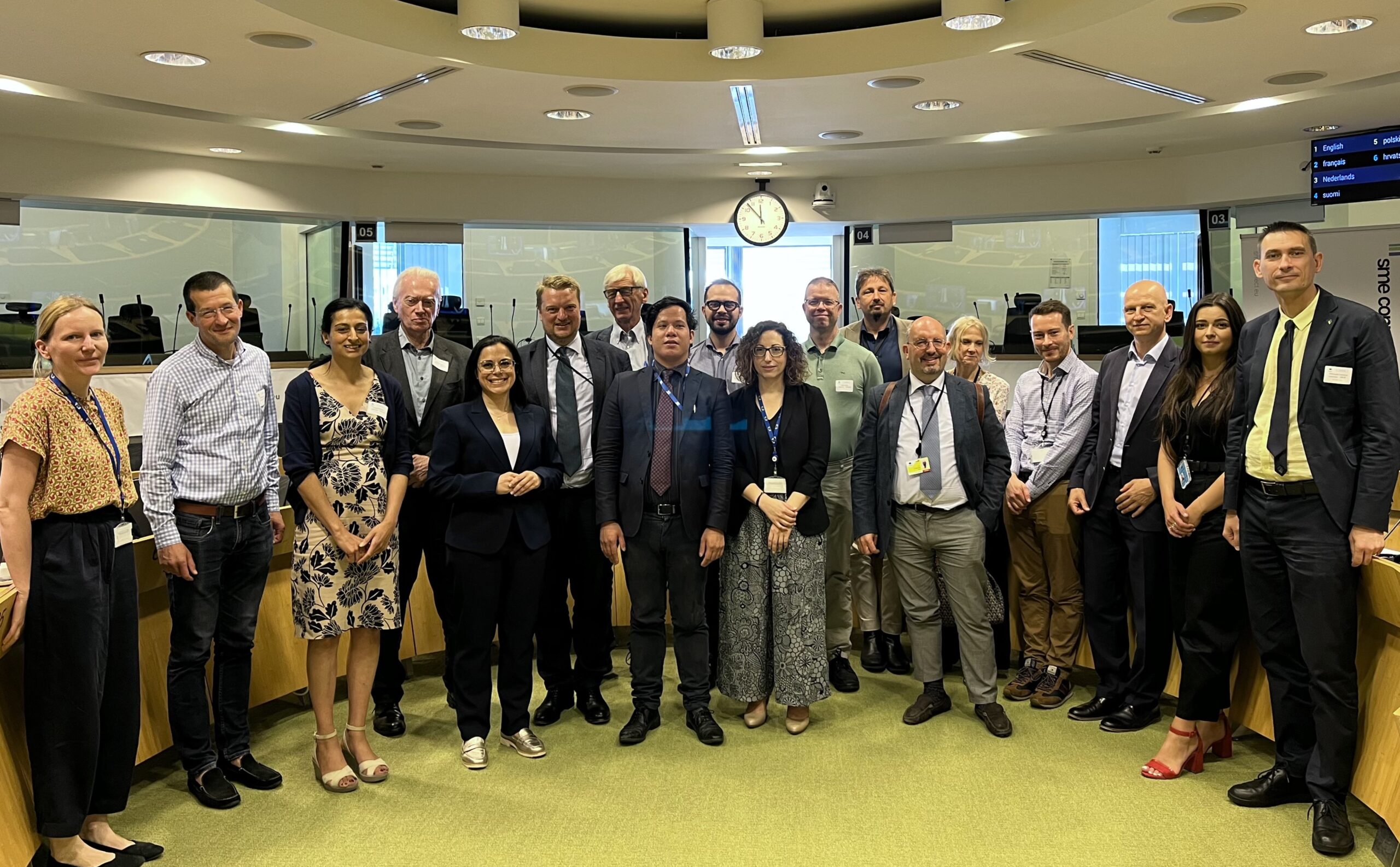Innovation Talks –
Empowering Small Farmers:
The Central Role of AI in Future Agriculture

On Wednesday, 26 June, SME Connect organized a working breakfast on the topic of “Innovation Talks – Empowering Small Farmers: The Central Role of AI in Future Agriculture” in the European Committee of the Regions in Brussels.
The event was hosted by PIOTR CAŁBECKI, President of the Kujawsko-Pomorskie Region (PL), CoR rapporteur on “The Future of the Common Agricultural Policy”. The panel featured distinguished experts including ORESTIS TRASANIDIS, EIT AI Community Coordinator – EIT Digital; EVANGELIA MOURMOURA, Team Leader on Digitalisation in the Unit of Data Governance at DG AGRI, European Commission; JOSSE DE BAERDEMAEKER, Scientist and Professor at the KU Leuven, Faculty of Bioscience Engineering Division MeBioS; FILIP CNUDDE, EMEA Herbicides, Seeds & Biotech Regulatory Team Leader at Corteva Agriscience, and JOSIANNE CUTAJAR Member of the European Parliament, Member of the ITRE Committee, Opinion-rapporteur on the AI Act and shadow-rapporteur on the Path to the Digital Decade report. The event was moderated by DR. HORST HEITZ, Chair of the Steering Committee at SME Connect.
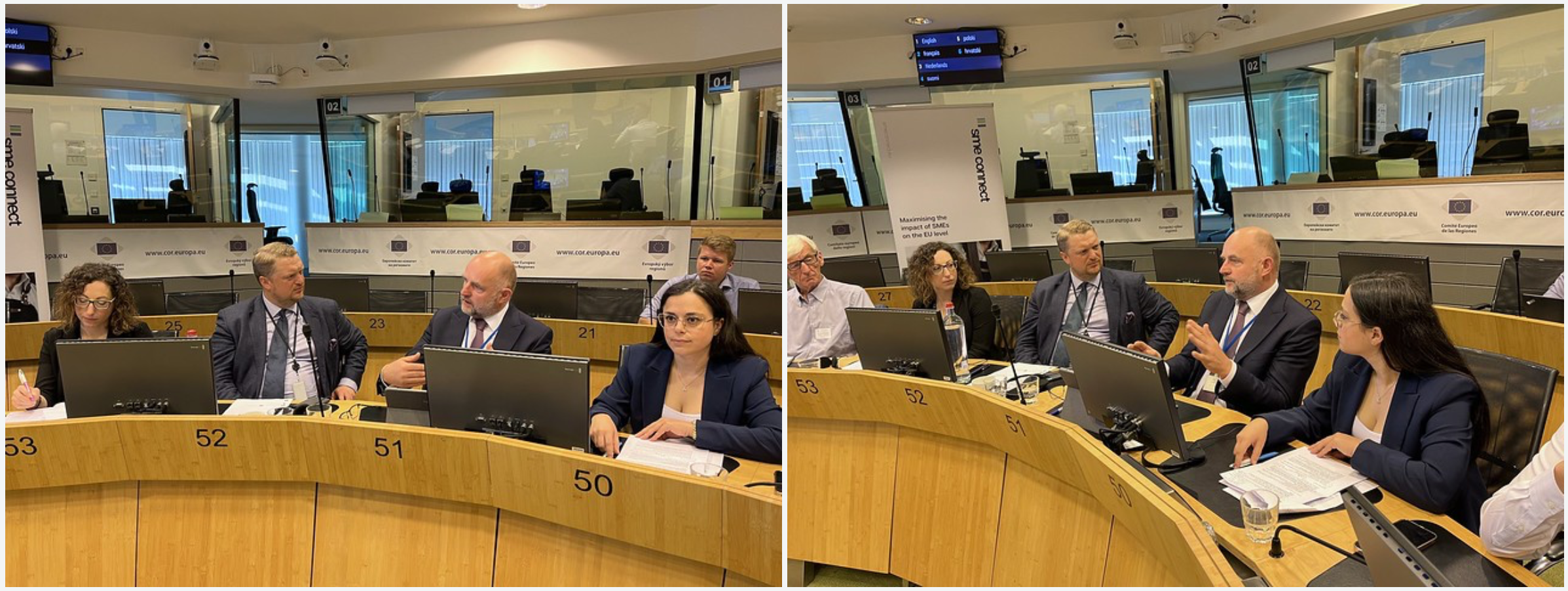
PIOTR CAŁBECKI, representing Committee of the Regions, the voice of regional and local authorities in EU policy, development and legislation, said in his welcoming speech that AI is transforming farming practices by enhancing productivity, ensuring food security, and minimizing environmental impact. Drawing from personal experience growing up on a farm, he discussed areas where AI could be applied, such as crop diagnostics, livestock welfare, and machinery optimization. To continue, he stressed the need for inclusive agricultural policies that support small and medium-sized farms across Europe, advocating for a fair distribution of funding to benefit a wider range of farmers. Furthermore, he urged for strategic coordination at the European Commission level to prioritize AI research and implementation in agriculture and called for collaboration among stakeholders to harness AI’s potential, ensuring sustainable rural development and preserving cultural identity amidst economic challenges and social issues.
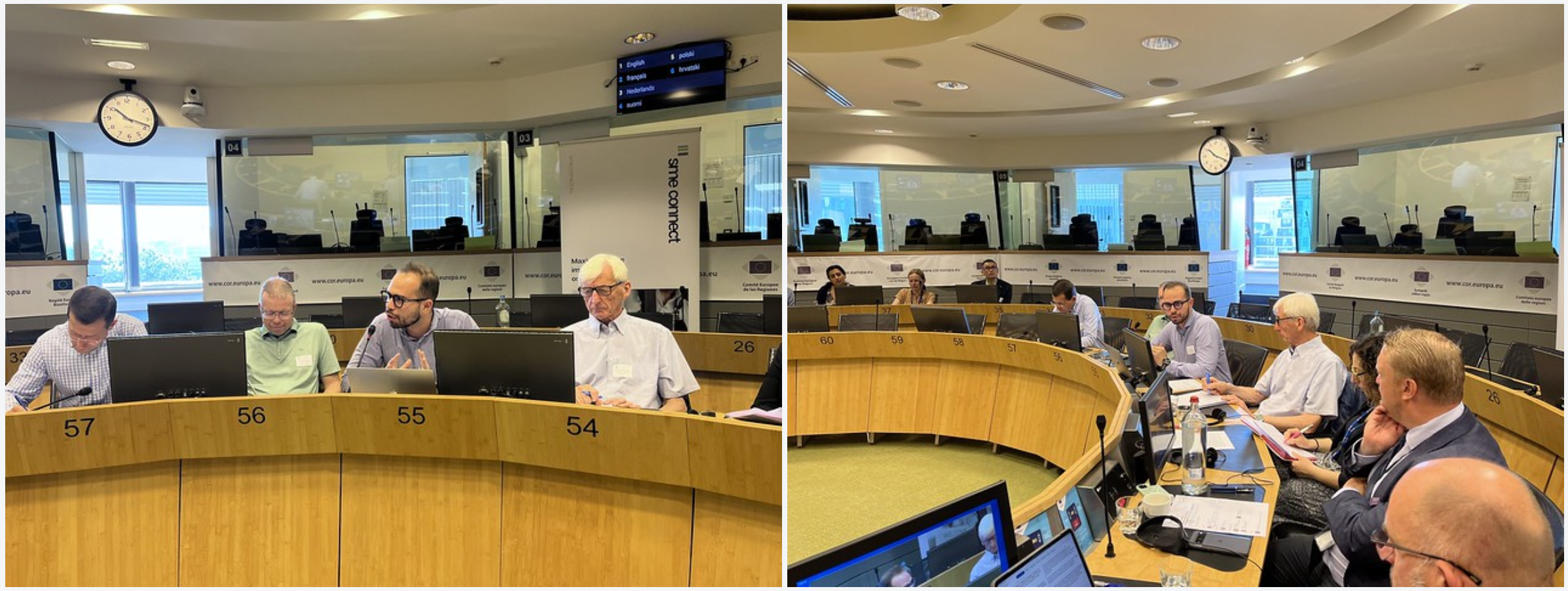
ORESTIS TRASANIDIS, Coordinator of EIT AI Community, in his opening speech, emphasized the historical significance of agriculture as crucial to human civilization, noting its challenges in modern times such as productivity, livelihood impact, health and global food security. He highlighted projections indicating a need to increase food production by 60% to feed nearly 10 billion people by 2035, and discussed AI as a potential solution to these challenges, citing its growing market and predicting its significant role by 2028. Despite AI’s potential, he acknowledge low adoption rates and trust issues. He stressed the importance of engaging farmers in AI adoption and innovation – and emphasizing that AI will complement rather than replace human expertise. He mentioned examples like precision farming and pest management solutions enabled by AI, highlighting startups collaborating closely with farmers to develop these technologies. EIT now has an education program called HealthySoil4Life that also specializes in soil health training. To conclude, he advocated for closer collaboration between startups and farmers and use AI as a tool to improve our efficiency, decision-making and productivity to make Europe stronger and a fruitful place for innovation.
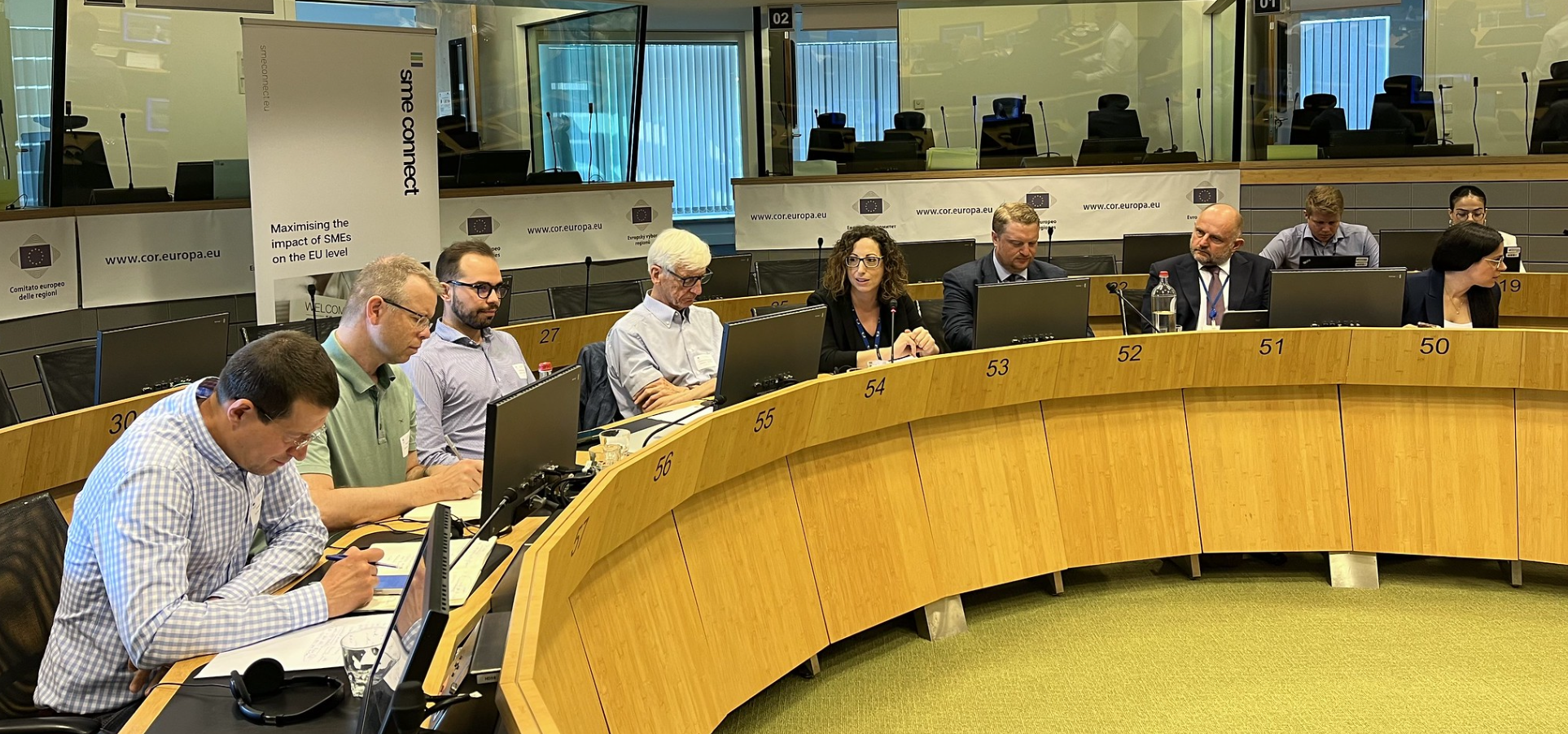
EVANGELIA MOURMOURA, Team Leader on Digitalisation in the Unit of Data Governance at DG AGRI, European Commission, continued with the potential of AI and digital solutions to benefit small farmers, despite initial apprehensions. She stressed the importance of these technologies in enhancing productivity and sustainability in rural communities. She acknowledged the unique challenges faced by small farmers, including high costs and uncertain returns on investment and emphasized the role of policies, like the EU’s Common Agricultural Policy (CAP), in providing financial incentives and training for digital adoption. Furthermore, she emphasized the need for transparency and trust in data sharing processes among farmers and underscored the critical importance of infrastructure and connectivity, particularly in rural areas, to support digital tools like precision farming. She called for public investment to ensure equitable access to these technologies and marked education and training as essential tools to empower farmers.
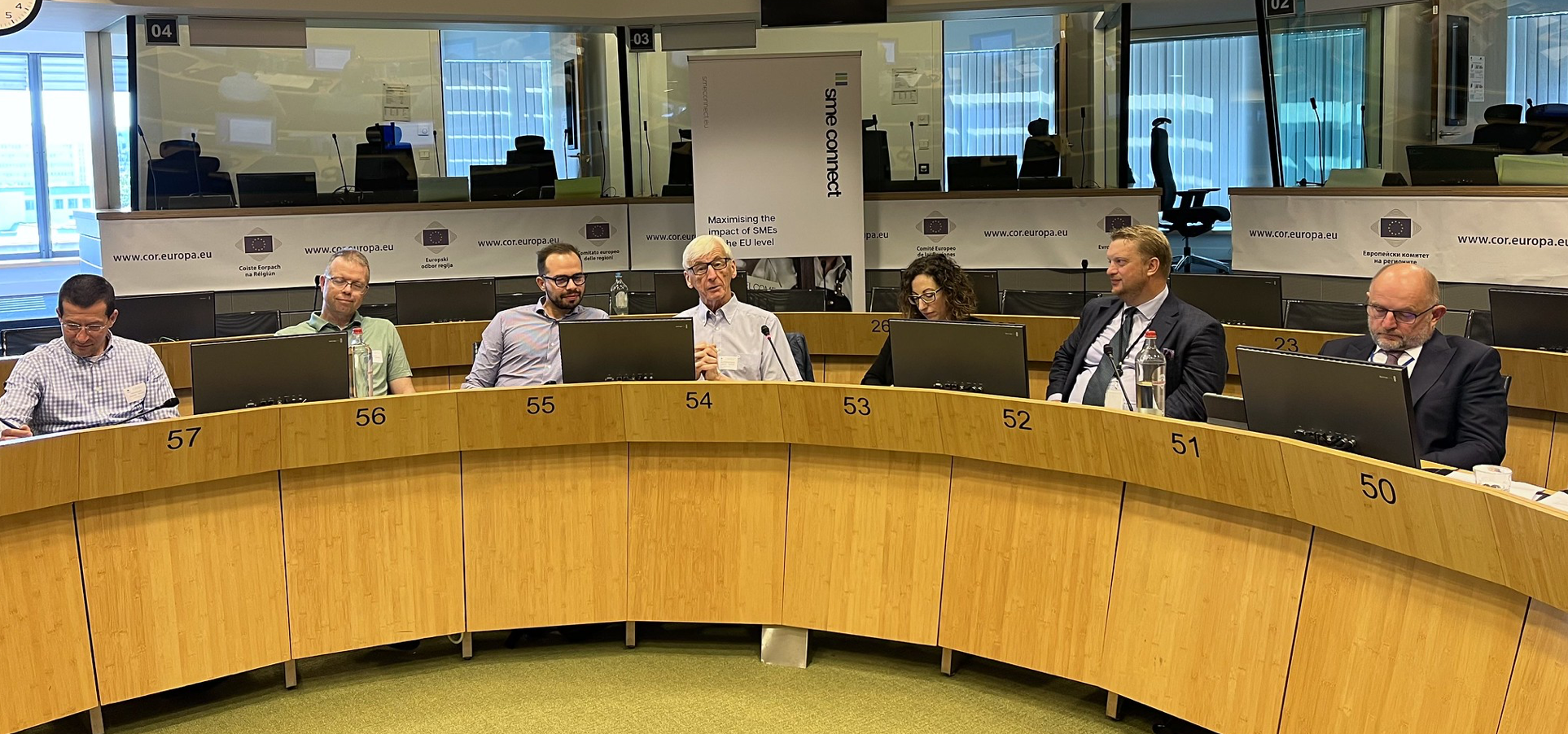
From the research side, JOSSE DE BAERDEMAEKER, Scientist and Professor at the KU Leuven, Faculty of Bioscience Engineering Division MeBioS, continued the discussion with explaining the significance of historical data from previous crops and soil analysis in understanding current agricultural issues, such as nitrogen deficiencies and soil damage. He highlighted the importance of utilizing yield data and integrating it with AI for improved crop planning and decision-making. He pointed out the evolution in farming technology, noting the widespread use of yield monitors on modern combines – although interoperability between different manufacturers remains a challenge. Furthermore, he stressed the broader implications of agricultural data beyond production, extending to genetics, post-harvest processes, market dynamics, and consumer preferences. He underscored the power dynamics inherent in data ownership and AI utilization, cautioning about potential disparities between large and small farms in accessing and benefiting from digital tools. He addressed EU regulatory concerns regarding data privacy and sharing, and raised technical challenges such as data quality assurance, network connectivity, and the interpretability of data from diverse sources. Moreover, he highlighted societal challenges including the acceptance of AI technologies among farmers, the impact on biodiversity, and the responsibility and liability issues associated with AI-driven decisions in agriculture. In conclusion, he advocated for equitable access to digital tools and data, emphasizing the need for transparency, trust, and responsible use of agricultural data in shaping the future of farming.
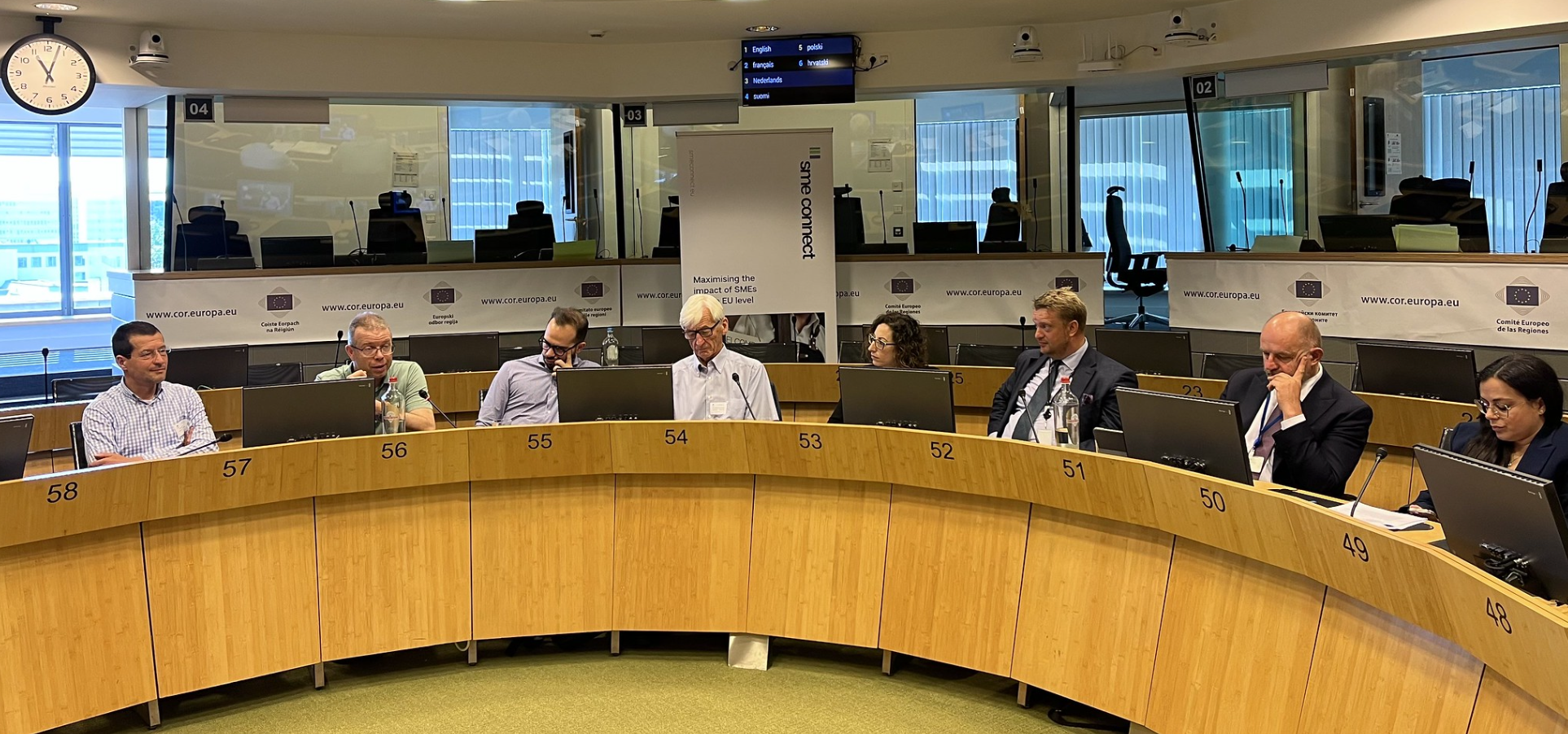
FILIP CNUDDE, Team Leader at Corteva Agriscience, highlighted how AI has revolutionized their operations by aiding in the selection of crop protection products and new genetics, offering quicker access to market-ready solutions. This technological advancement not only boosts productivity but also supports sustainability goals, aligning with regulatory requirements. He stressed the importance of digital farming tools in ensuring compliance with safety assessments and legal guidelines, making it easier for farmers to meet the standards. Moreover, he pointed out the potential financial benefits for farmers through precision agriculture, like AI-powered pest identification via mobile phones and targeted herbicide application using drones, which optimize resource use and reduce costs. Despite the advantages, he cautioned against replacing human advisory roles with AI, underscoring the need for a balanced approach that incorporates AI as a supportive tool rather than a replacement for human expertise. He also noted the regulatory challenges and opportunities AI presents, from improving data management for risk assessments to post-market monitoring of agricultural products. He concluded by advocating for a thoughtful integration of AI that respects the autonomy of farmers while leveraging technology to enhance agricultural practices and sustainability efforts.
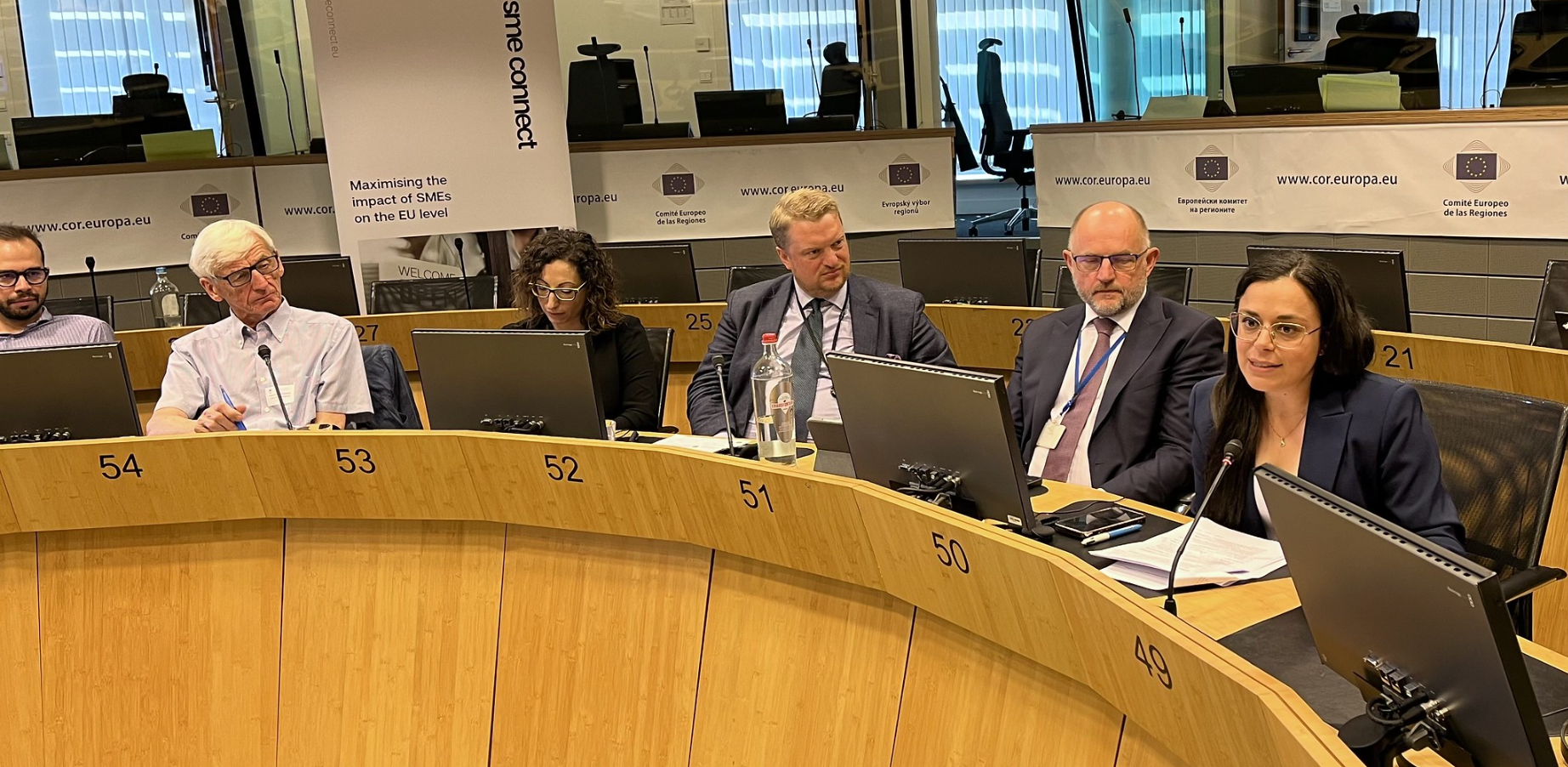
JOSIANNE CUTAJAR MEP, Opinion-rapporteur on the AI Act and shadow-rapporteur on the Path to the Digital Decade report, discussed the need to support small farmers, particularly in remote regions, who struggle compared to larger farms like in Germany. She highlights the concerns of older farmers advising their children against farming due to its lack of profitability and stresses the importance of tailoring Common Agricultural Policy (CAP) rules to accommodate the unique challenges faced by small farmers. She advocates for the use of AI to help these farmers become more profitable and resilient to climate change by providing knowledge sharing and technical expertise. Addressing the digital and knowledge gaps is crucial, as small farmers often lack the resources to fully utilize available EU funds and tools. She also calls for better internet access and digital literacy to ensure all farmers can benefit from AI and digital innovations. She underscored the importance of data standardization and interoperability to maximize the benefits of AI across different regions. When discussing food security, she connected the role of AI and digital tools in helping farmers manage resources and maintain supply chains, especially during crises.
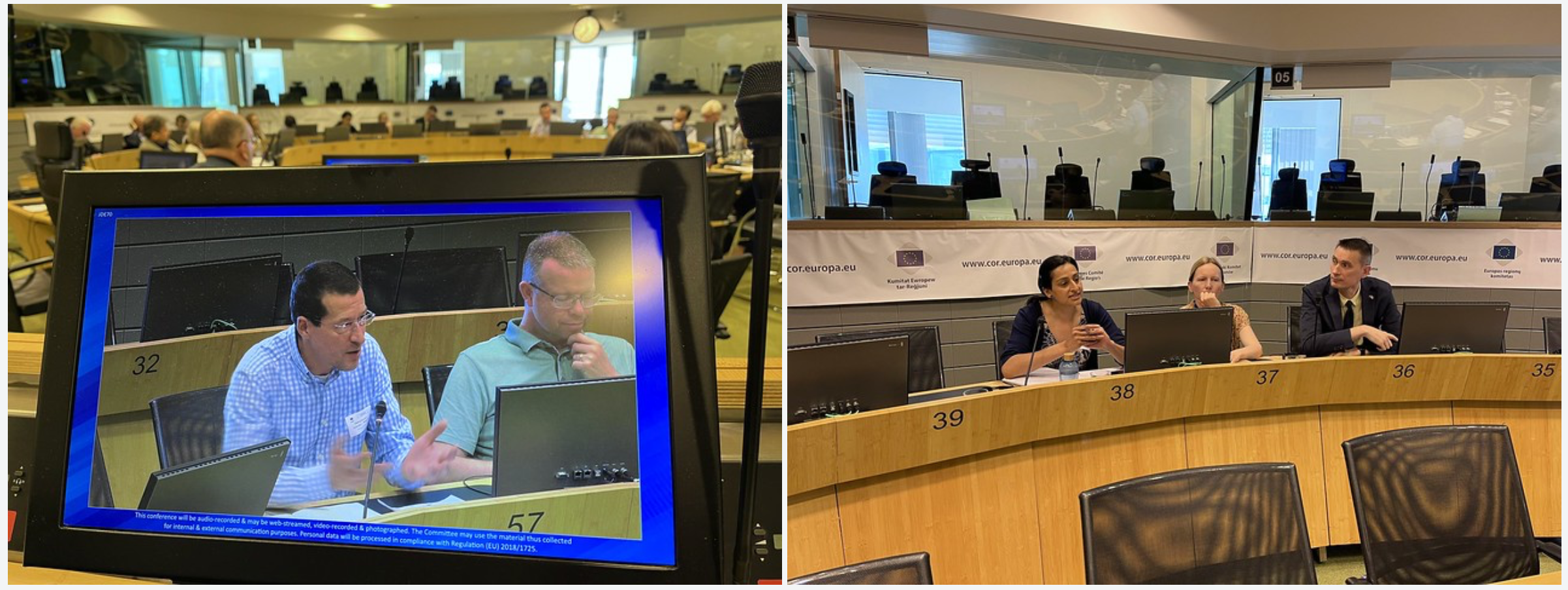
During the discussion, ONDREJ SOCUVKA, EU Policy Manager at Google, emphasized supporting small farms in Europe’s agricultural policy with region-specific solutions and innovation. He expressed support of the Committee of the Regions’ proposals for a more effective policy. He suggested bold and responsible innovation, integrating AI, and fostering cross-disciplinary collaboration to improve efficiency. He highlighted the need for high-quality data and training for farmers to effectively use AI. Additionally, he advocated for policies that reward innovation, such as innovation awards and sharing successful case studies.
LEENA WHITTAKER, representing Eurocommerce, highlighted that only 5% of agriculture directly reaches retail, indicating a complex ecosystem. She also pointed out the potential of AI and digitalization in collaboration under new competition rules to enhance investment and experimentation.
Participants also discussed supply chain cooperation and the potential of blockchain technology combined with AI for product tracking from producer to supermarket. Furthermore, it was expressed that AI solutions are essential for decarbonizing the agriculture sector, using biogas and solar energy to address energy needs.
Participants concluded with the complexity of measuring the environmental impact of AI solutions and emphasized the importance of integrating various sectors through AI to transform farming and enhance collaboration among small farmers and other experts.
